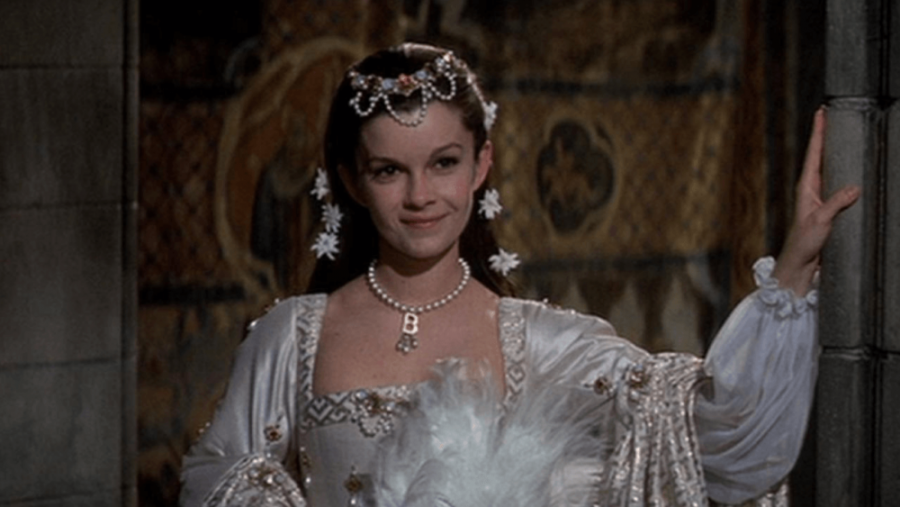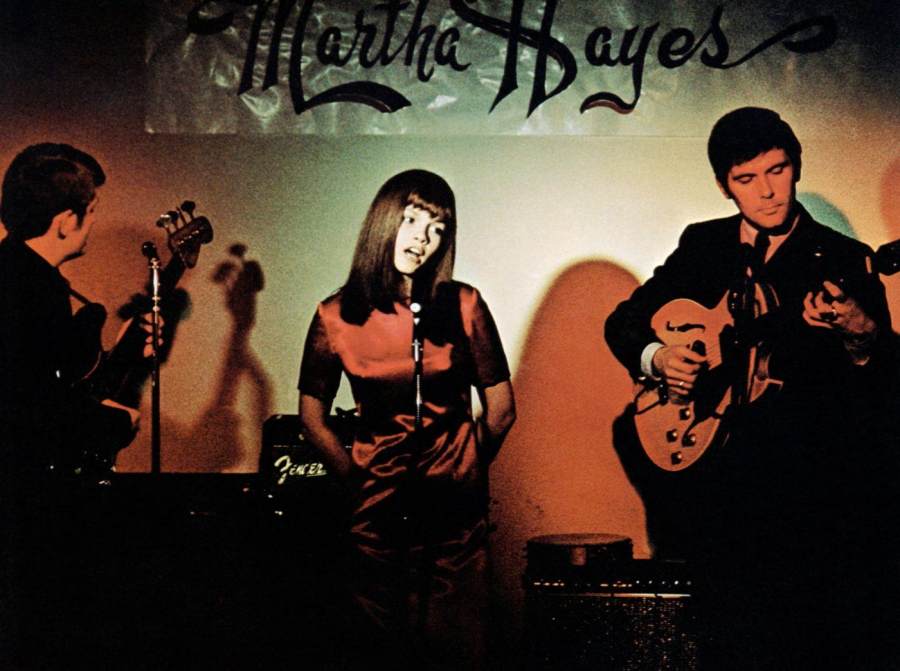

Fortune’s fool might’ve been the theme for the films Geneviève Bujold did in 1969 and 1970, Anne of the Thousand Days and Act of the Heart respectively, since in both she plays characters whose lives seem to spiral out of control, without them being able to intervene with the whims of fate. Fortune had made a star of the young Canadian actress who by the end of the decade had gone from being an unknown and making her stage debut in The Barber of Seville, to being handpicked by French director Alain Resnais to star opposite Yves Montand in The War is Over. Like most of the characters she would play, Bujold seemed to be at the mercy of forces stronger than herself, but unlike the women in her films, she always knew how to rein in destiny and control her own narrative.
In Anne, based on the play by Maxwell Anderson, she plays the infamous second wife of King Henry VIII (Richard Burton) who would lose her head over her husband’s desire to get rid of her in order to marry someone else. In Heart she plays Martha Hayes, a devout religious woman who falls in love with an Augustinian monk (Donald Sutherland) and sacrifices her faith to become a cabaret singer. If in both films it’s love that proves to be her undoing, the emotional journeys of Anne and Martha are linked by their initial resistance to the feeling.

Upon discovering she’s become the unwilling object of the King’s affection and listening to his love declaration, Anne firmly expresses “the same cruel thing has happened to me, I’ve fallen in love but not with you,” to the distaste of the King who takes it upon himself to change her mind. While Anderson’s play romanticizes Anne to the point where we’re often meant to think of her as a victim, the beauty in Bujold’s performance is that she doesn’t allow this to come true. By the end as Anne walks to her death, she lets everyone around her know that even this unjustified execution, is part of her purpose. The film ends with an eerie shot of the toddler Elizabeth, running around unaware that her mother is about to die, as Anne expresses her faith in her daughter. It’s the determination in Bujold’s eyes that make us understand she’s a woman who might not control her destiny, but will accept its twists with courage.
In Heart, Martha’s devotion to God is shoved aside when she falls for one of his clergymen, and just as when Anne eventually comes to love the capricious Henry (“When I no longer hated him, he began to hate me” ), Martha is always aware of the price that will come for such a love. One wonders if Lars Von Trier used Act of the Heart as the inspiration for Breaking the Waves, since both focus on women who use their sexuality as the means to satisfy the spiritual needs of the men they fall for.
Both of the heroines, if that’s even the appropriate term, Bujold plays in these films are steadfast in the way a child is, with fearlessness, hope and a little ingenuity as their shields. We never question their choices, because they don’t seem to question them either. Both meet horrifying demises that only seem to be part of the larger purpose they kept a secret from us all along. Bujold’s characters in their peculiar way always get the last laugh, they made fortune seem like the ultimate fool.
Anne of the Thousand Days and Act of the Heart are part of The Beguiling Bujold, a retrospective of her work at The Quad Cinema which also features films like Coma, Obsession and fan favorite Dead Ringers. For more information on The Beguiling Bujold click here.